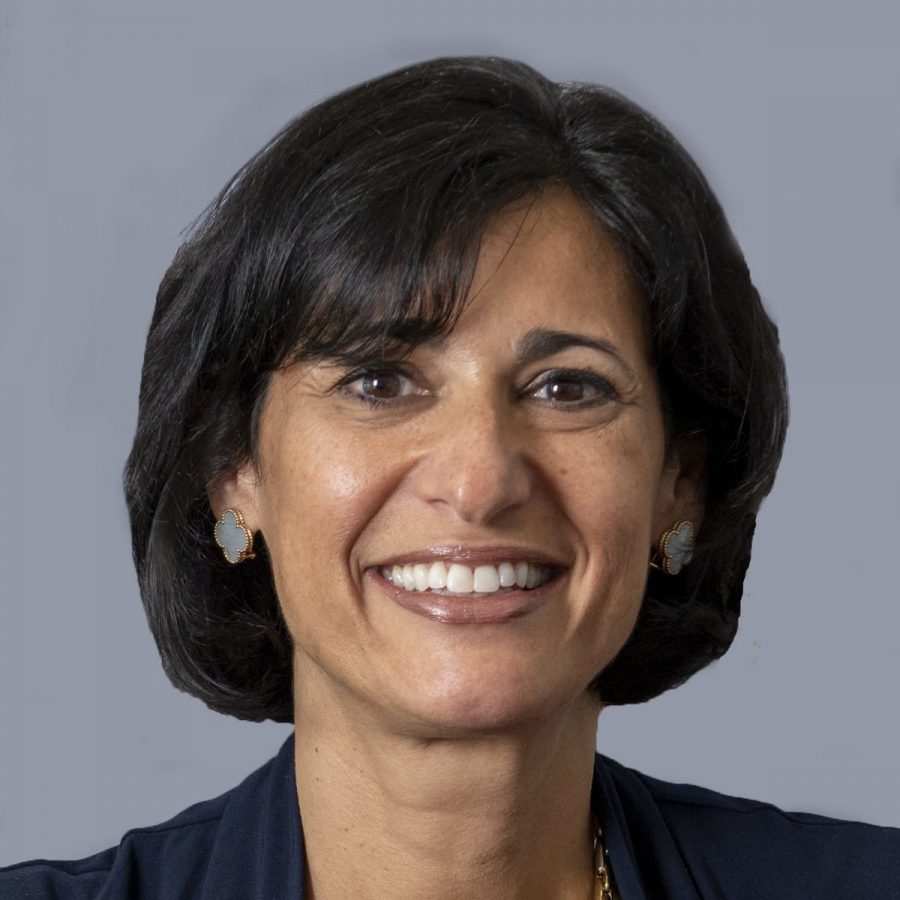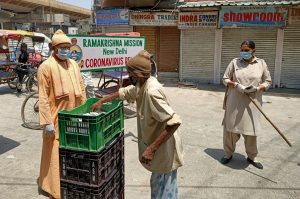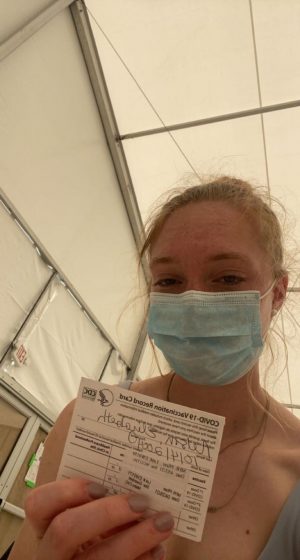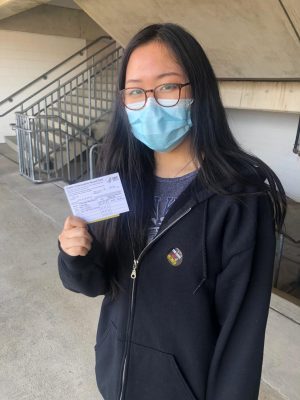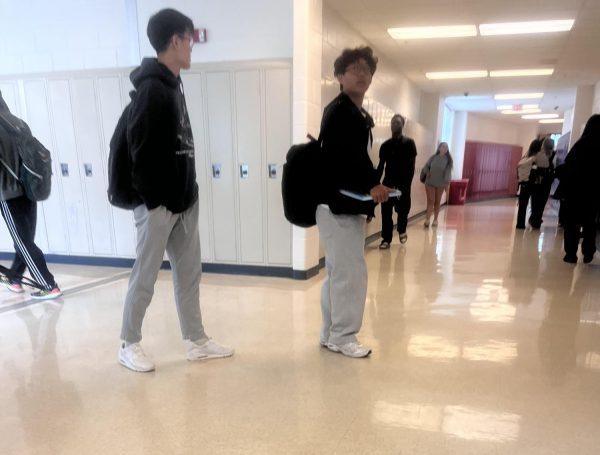COVID-19 vaccinations continue in US; Brazil, India still struggling
Photo used with permission from Google Commons
CDC Director Dr. Rochelle Walensky stated recently that those who have been fully vaccinated can return to regular activities after two weeks of their final dose.
Since the introduction of the COVID-19 vaccine, the worldwide situation involving the Coronavirus pandemic has changed in various ways.
As of May 13, the CDC has significantly loosened regulations, allowing people who have been fully vaccinated — meaning two weeks after a single-dose or the final application of a two-dose series vaccine — to resume usual activities without having to wear masks or stay six feet away from one another, with certain exceptions including being on planes, trains, or other forms of public transportation.
“Anyone who is fully vaccinated can participate in indoor and outdoor activities, large or small, without wearing a mask or physical distancing,” CDC Director Dr. Rochelle Walensky said. “If you are fully vaccinated, you can start doing the things that you had stopped doing because of the pandemic. We have all longed for this moment, when we can get back to some sense of normalcy.”
The COVID-19 vaccine has become more available for people throughout the US, with CNBC News stating that about 45.1% of U.S. citizens 18 and above have been fully vaccinated.
According to CNN, however, the U.S. still has the highest reported number of cases and deaths, at 33,239,509 cases and 593,938 deaths, followed by India, Brazil, and France, with 27,555,457 cases and 318,895 deaths, 16,391,930 cases and 459,045 deaths, and 5,588,981 cases and 108,466 deaths respectively.
India in particular experienced a significant increase in its COVID-19 death rate more recently, starting, according to CNBC, around early April.
According to CNBC, “Some economists have downgraded their growth forecasts for India. But they remained optimistic about the economy’s outlook for the year given that restrictions to curb the virus spread have been more targeted compared to the strict nationwide lockdown last year. The International Monetary Fund last month said it expects India’s economy to grow 12.5% in the fiscal year ending March 2022, after shrinking 8% in the prior fiscal year.”
Various causes have been attributed to this event, with some believing that part of the reason for the increase is the presence of new COVID-19 strains in India, although mostly due to correlation. “In Maharashtra we saw it [the B.1.617 COVID-19 strain] go up, we saw an outbreak. We are seeing it go up in Delhi, we are seeing an outbreak. These are very important epidemiological correlations,” Anurag Agrawal, director of the Institute of Genomics and Integrative Biology said.
“[Indian] Health Minister Harsh Vardhan has reportedly blamed the second wave of infections on people’s lack of commitment toward wearing masks and practicing social distancing,” CNBC said. “Media reports say that some states, including Maharashtra, are facing a severe vaccine shortage. The Indian government, in response, accused those states of diverting attention away from their failure to control the virus.”
Brazil is also facing an extreme COVID-19 crisis, with Marcia Castro of the Harvard T.H. Chan School of Public Health saying that including the issue of inequality of health services, “an important factor [to the crisis in Brazil] was the lack of a unified response at the federal level. We had no coordinated guidance or an effective plan to deal with the pandemic at the federal level. There was no scientific advisory committee to guide the government on the best course of action. Instead, we had President [Jair] Bolsonaro denying science, downplaying the seriousness of the virus, and promoting unproven treatments such as hydroxychloroquine, an anti-malaria drug.”
The international medical aid agency Doctors Without Borders called the situation in Brazil a “humanitarian catastrophe,” and its international president Dr. Christos Christou said “The Brazilian authorities’ … refusal to adopt evidence-based public health measures has sent far too many to an early grave.”
Your donation will support the student journalists of Thomas S. Wootton High School. Your contribution will allow us to purchase equipment and cover our annual website hosting costs.
Elliot Wang is a 2021 graduate.


